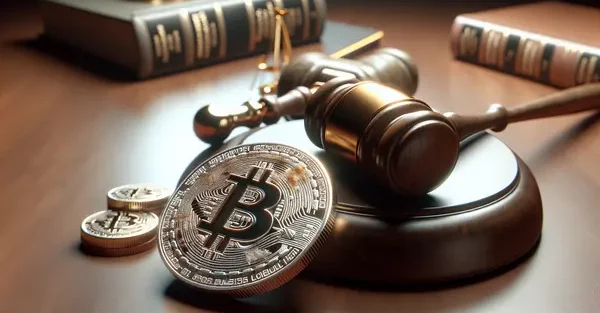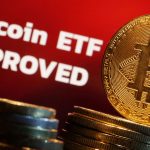The approval of Bitcoin Spot ETFs in the USA at the beginning of the year likely marks the point of maturity for the asset, which is just 15 years old. While Bitcoin enthusiasts don’t rely on the US regulatory authority to legitimize the concept of digital scarcity, the significance of the SEC’s approval cannot be overlooked. For many market participants, Bitcoin is no longer just the murky and speculative internet money. The renowned business magazine Forbes even goes as far as to say that the approval ‘changes the global financial system forever’ because it makes banning Bitcoin ‘extremely difficult.
Is a Bitcoin Ban Possible?
People who encounter Bitcoin typically go through several stages: After surpassing the initial stage of believing that Bitcoin has no intrinsic value and is a Ponzi scheme, they reach a point where they think Bitcoin is brilliant but believe that governments will never allow the revolution to happen.
Technically, it’s not possible to ban or destroy Bitcoin since it consists only of information distributed across a global, decentralized computer network. However, some market observers feared that the dominant power of the USA might criminalize Bitcoin ownership or shut down exchanges where Bitcoin can be bought. While not impossible, as the USA banned the possession of gold from 1933 to 1974 with Executive Order 6102, such a move wouldn’t destroy Satoshi Nakamoto’s creation but would significantly hinder its price and adoption.
Now, as the USA increasingly embraces Bitcoin and major government-linked asset managers like BlackRock directly benefit from Bitcoin, a ban is virtually unthinkable.
Bitcoin Ban After ETF Approval Extremely Difficult.
Even though there are still negative voices, like those of US Senator Warren or the head of the US Commodity Futures Trading Commission (CFTC), Rostin Behnam, calling for stronger regulation of Bitcoin, these should now be drowned out by more influential players.
BlackRock, the world’s largest asset manager, surpassed the $2 billion mark in Bitcoin in their ETF last Friday. The ETF from the number three, Fidelity, is closely following BlackRock.
No More Dangers for Bitcoin?
The biggest risk factor for further adoption of Bitcoin has been largely eliminated since the ETF approval. The more Bitcoin advances into the US financial markets, the harder it will be to put a stop to it. The same goes for the Bitcoin mining industry in the USA, which is becoming increasingly important for stabilizing power grids, the economy, and American jobs.
Day by day, the risks for Bitcoin are diminishing, leading to a better risk-reward ratio and thus a more positive outlook for the price. It’s unimaginable that people won’t use or demand Bitcoin, given the inevitable devaluation of fiat currency.
However, with the majority of ETF holdings, as well as Bitcoin held by companies like MicroStrategy, being stored by US crypto firm Coinbase, the USA would find it easier to seize a large portion of circulating Bitcoin in the event of something like Executive Order 6102. This would be much harder to execute if more people stored Bitcoin themselves. While this scenario is unlikely for the reasons mentioned, ultimately, being your own bank is the only protection against confiscation.





